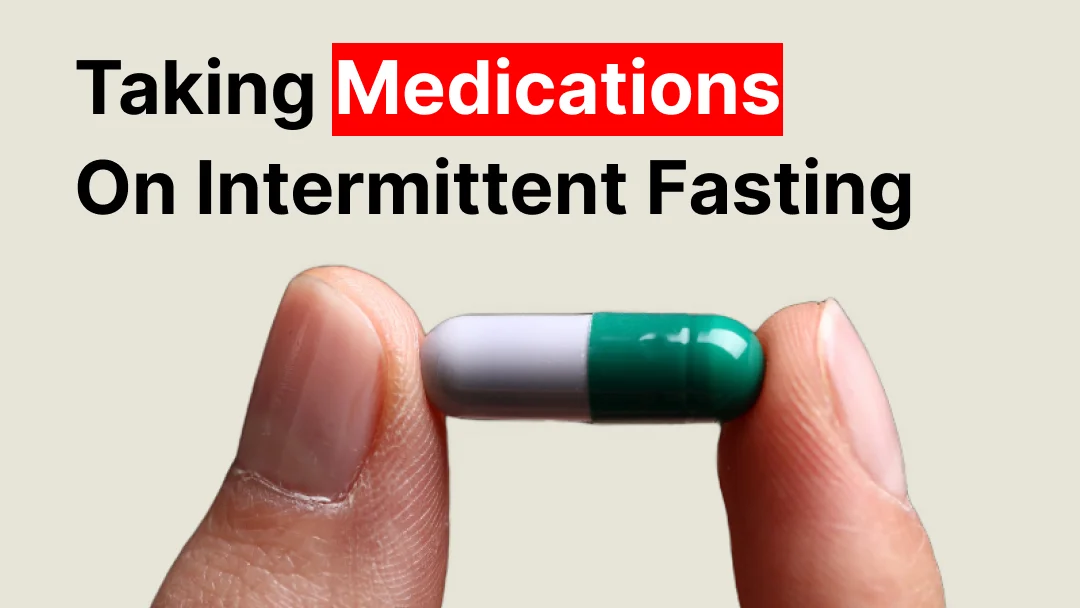By Muhammad Amaan with agency report
While fasting has its health and spiritual benefits, endocrinologists and infectious disease experts have warned that skipping routine medications whilst on it may cause disease relapse, treatment failure and multi-drug resistance.
The specialists cautioned that at no point should a patient skip medications for a long fast, especially if such a patient is on hourly medications or treating infections that would require antibiotics four times a day.
They further warned that skipping medications could result in adverse outcomes, insisting that anyone who wants to fast as a religious obligation, among other reasons, should seek a physician’s advice.
Meanwhile, the experts said it is only a patient’s physician that is in a position to certify or give the go-ahead for fasting to commence, else such an individual does not have any business fasting until fully recovered or might have to make up for the missed fasting.
The medical practitioners, who spoke exclusively with PUNCH Healthwise in different interviews, averred that the nature of illness determines whether a patient can be allowed to fast or not
According to them, patients who take their medications once a day may fast as they can still take them before or after the fast if their doctors certify them fit.
For a Professor of Clinical Microbiology and Infectious Disease at the Benue State University, Godwin Jombo, skipping medications or not taking the right dosage, especially for Tuberculosis patients will affect treatment outcomes.
He said any progress made earlier will be eroded if there is a relapse or poor administration of medications.
The don lamented that the country is fighting resistant TB today because people are not taking their medications as prescribed.
He said, “It is the skipping of medications that brings about drug resistance. Some TB patients will take their medication today and tomorrow, will not. By the time they continue like this, the disease will gain resistance to such drugs to the point that it can no longer treat that strain of TB.
“Some TB resistance occurs at the point of eradicating the bacteria just because the person stopped taking the medications. Strong antibiotics require good food and you can’t take antibiotics without food.”
Corroborating his views, a Professor of Medicine and Endocrinology at the College of Medicine, University of Lagos, Idi-Araba, Lagos, Olufemi Fasanmade, said those who take their medications once a day can fast but if the medications require being taken thrice or four times daily, then the patient shouldn’t fast.
“Medically, antibiotics are taken four times a day as the case may be, and you don’t expect such patients to fast. If it is a high blood pressure or diabetes medication, which is taken once a day, it can be taken in the morning or in the evening when you are done for the day but you shouldn’t do this with some kind of medications,” he said.
Fasanmade, who is also a Consultant Endocrinologist at the Lagos University Teaching Hospital, Idi-Araba, Lagos, said before any patient decides to fast while on medications, it should be based on a doctor’s directive or guidance.
He explained, “For instance, some nursing mothers may want to fast but medically, a nursing mother has no business fasting and breastfeeding at the same time. So, the decision to fast is not entirely that of the patient but a joint decision between patients and their doctors.”
Fasanmade also said those on blood pressure drugs, TB and Human Immunodeficiency virus medications can fast and still take their medications since they are taken once a day.
Adding credence to the experts’ positions, a study published in the National Library of Medicine titled, ‘Managing medications during Ramadan fasting,’ by Kelly Grindrod and team, affirmed that there are certain medications that should not be skipped and a category of people that should not fast.
The study indicated that fasting can increase the risk of hypoglycemia and diabetic ketoacidosis for diabetic patients, saying that individuals who adjust their medications are more likely to experience severe hypoglycemia during a fast.
“By comparison, individualised education during the fast can help people with type 2 Diabetes lose weight, improve glycemic control and avoid severe hypoglycemia” the authors stated.




